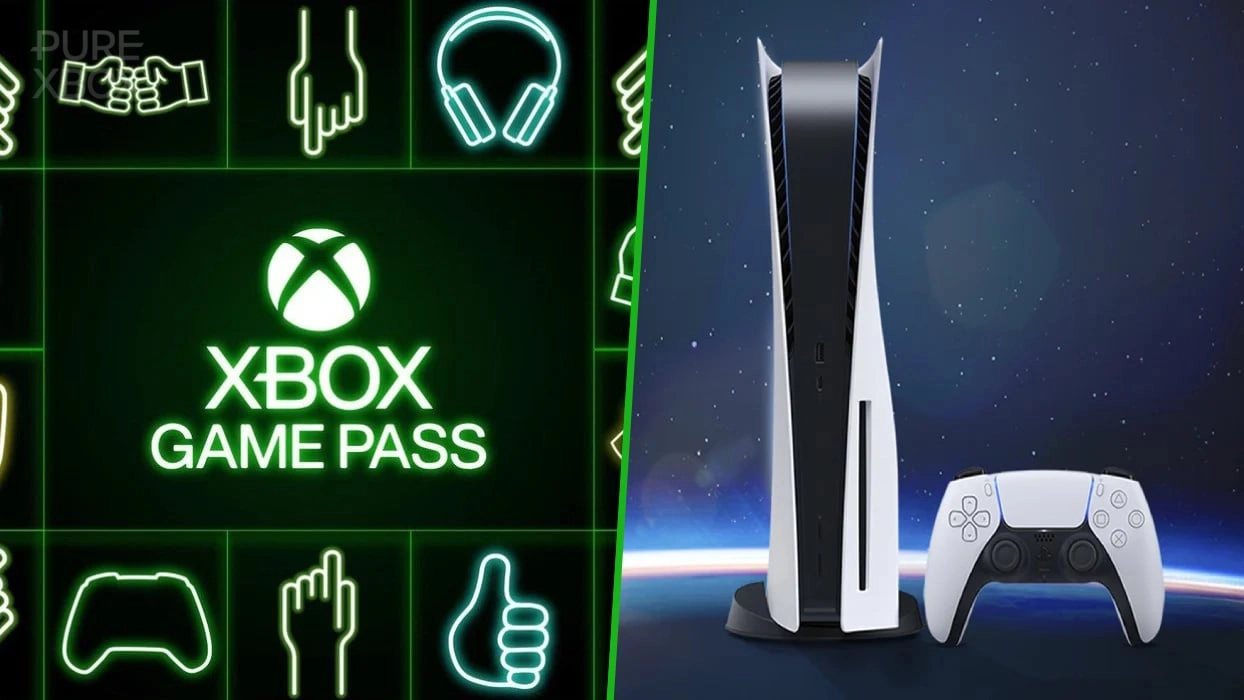
Rumors have been swirling about the possibility of Microsoft extending its popular gaming subscription service, Xbox Game Pass, to non-Xbox platforms such as PlayStation and Nintendo. The speculation was fueled by comments made by Tim Stuart, Xbox's CFO, who suggested that the service might find a home beyond the borders of Microsoft's own gaming consoles. Game Pass, which offers a vast library of games for a monthly fee, has been instrumental in shaping the modern Xbox experience, becoming synonymous with value and convenience.
The conversation around Game Pass's potential expansion to PlayStation and Nintendo platforms has been ongoing, spurred on by both the service's success and the gaming community's interest in a more unified gaming ecosystem. Stuart's comments at the Wells Fargo TMT Summit seemed to hint at Microsoft's ambition to make Game Pass ubiquitous, capable of reaching gamers on every screen available. This led to rampant speculation that players on rival consoles could eventually gain access to Game Pass.
However, Phil Spencer, the head of Xbox, has put these rumors to rest in a recent interview with Windows Central. He stated unequivocally that there are no plans to offer Game Pass on other console platforms. Spencer emphasized Microsoft's commitment to those who have invested in Xbox hardware, suggesting the company remains focused on rewarding that loyalty with continued innovation and exclusive features.
Spencer outlined Microsoft's investment in various aspects of the Xbox ecosystem, such as Xbox Cloud Gaming, cross-play, cross-save, and ID@Xbox. These initiatives demonstrate Microsoft's commitment to not just maintaining, but also evolving the gaming experience for Xbox users. The underlying message is clear: Xbox values its customers and intends to honor their choice to join the Xbox family by prioritizing features that enhance the console gaming experience.
From an outsider's perspective, Stuart and Spencer's statements may appear to send mixed signals. While both executives seem aligned in their vision of making gaming more accessible, they differ in how to approach this goal. Stuart's comments may reflect a long-term aspirational outlook for Game Pass, while Spencer's remarks are firmly grounded in the present strategy and market realities.
It's not hard to see why Microsoft would be interested in bringing Game Pass to additional platforms. The gaming industry is increasingly gravitating towards services and subscription models, and Game Pass's success is a testament to the viability of this approach. Expanding the service to PlayStation and Nintendo would theoretically increase the subscriber base and broaden the revenue stream for Microsoft.
Despite this, the idea of Game Pass on competing hardware seems far-fetched, particularly with PlayStation. Sony, which develops PlayStation consoles, has shown resistance to this idea in the past. The technology giant has its service, PlayStation Now, and may view Game Pass as a direct threat to its subscription offerings. Therefore, the likelihood of Sony allowing Game Pass on its consoles is minimal, at best.
As for Nintendo, the prospects are equally dubious, though for different reasons. Nintendo's approach to gaming is quite bespoke, with a strong emphasis on its own IP and a unique gaming philosophy. Integrating a service like Game Pass, which includes a wide array of third-party titles, doesn't necessarily align with Nintendo's traditional strategic direction.
The clarification by Microsoft, underscored by Spencer's comments, seems to be a move to set realistic expectations for the gaming community and industry stakeholders. While the notion of Game Pass's universal availability is enticing, Microsoft recognizes the complexities and competitive dynamics of the gaming market.
Taking a broader view, this development arguably reinforces the nature of the gaming industry as a competitive space where platform exclusivity still plays a significant role. While some barriers are coming down—cross-play and cross-save functionality are becoming more common—business models and platform ecosystems remain fiercely guarded by their respective corporate custodians.
For now, Xbox Game Pass remains a pillar of the Xbox experience, and according to Spencer, that's where Microsoft's focus will stay. This means Xbox console owners can look forward to further enhancements and unique services as part of their gaming subscription. The message from Xbox is clear: Game Pass is here to elevate the Xbox console experience, and that's something subscribers can continue to anticipate with confidence.
You must be logged in to post a comment!